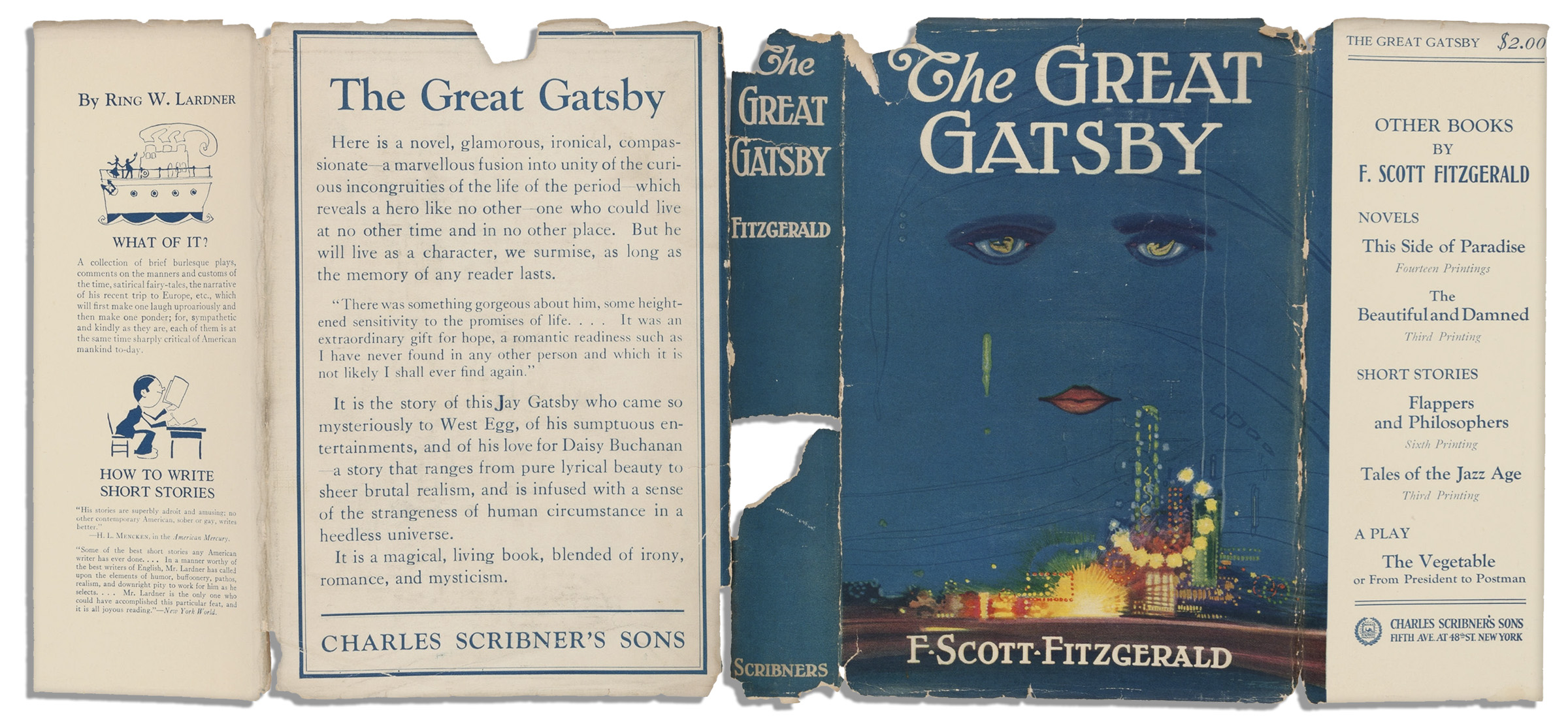This week’s Book club review comes from Ellie Moylan in her review of the F. Scott Fitzgerald classic – The Great Gatsby.
The Great Gatsby is known as one of the greatest pieces of classical literature of the twentieth century, and one of Fitzgerald’s most standout written achievements and has been studied by many literature students worldwide.
Over the last year, I have become interested in reading classic literature and this title was at the top of my list because there are many interesting complexities to draw the reader in, and make them invested in the story. The most significant of these is the character of Jay Gatsby and the mystery that surrounds his character.
Despite being a short book (novella), The Great Gatsby covers many important topics and themes – including the clear division between the lower and upper class and the effect that the 1920s economy (the stock market crash of 1929, the Prohibition and the Great Depression) has on these characters, showing how these events influence their actions and choices.
The novel is narrated by Nick Carraway, a member of the upper class who attended Yale University before moving to New York after the first world war to have a financial career in bonds.
Nick moves to West Egg – a fictional city set in Rhode Island – during the Spring of 1922. Across the bay lives his cousin Daisy and her extremely wealthy husband Tom. Then next door to him is the intriguing Jay Gatsby.
During the summer, Nick goes to dinner at Tom and Daisy’s house where he meets golf champion Jordan Baker, who tells him about Tom’s mistress Myrtle.
Whilst The Great Gatsby may be considered a romance novel – as it contains the themes of love and desire through Daisy and Gatsby’s relationship. It is the bond between them (their love and desire) that forms a significant part of the novel. However, it is their relationship that also portrays the novel as the tragic story of Jay Gatsby and his pursuit of Daisy since they were young.
This book is a definite must read for anyone who enjoys reading classic literature, or for anyone likes novels involving romance and mystery.
By Ellie Moylan
Feature image: Wikimedia Commons

